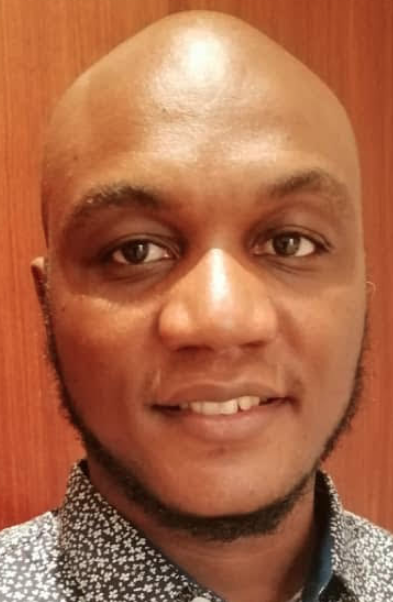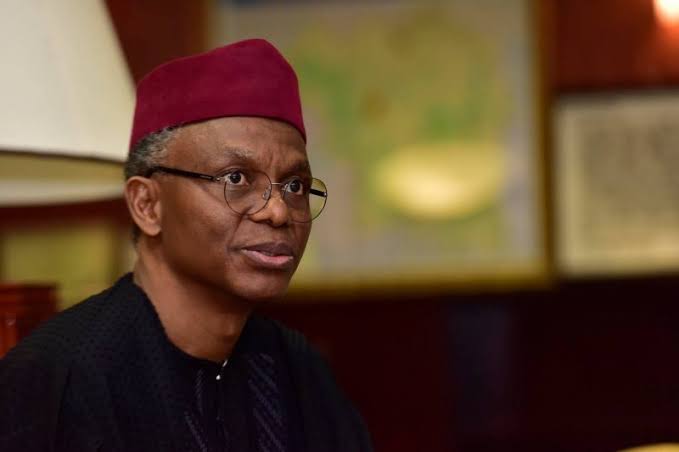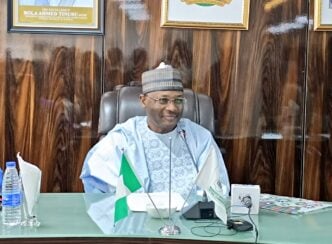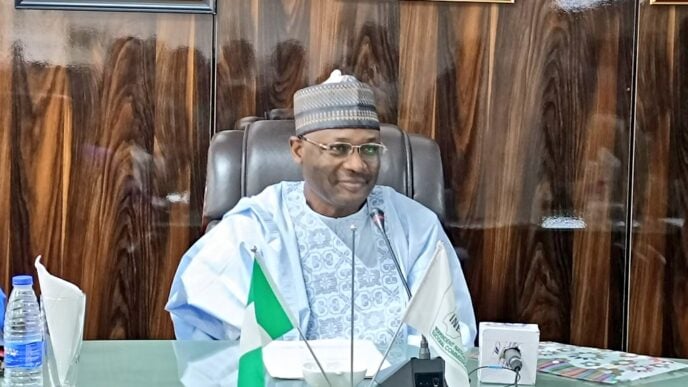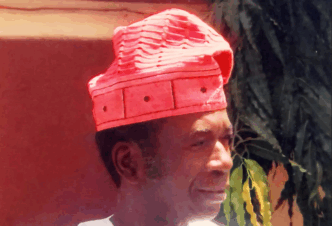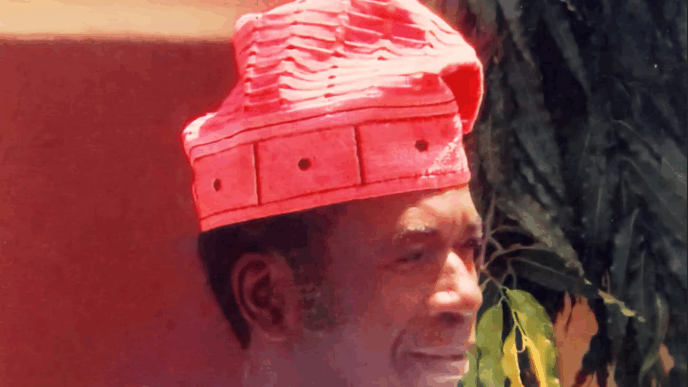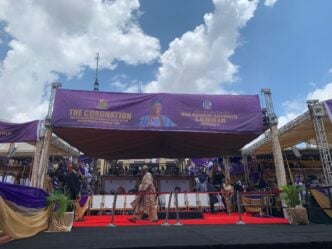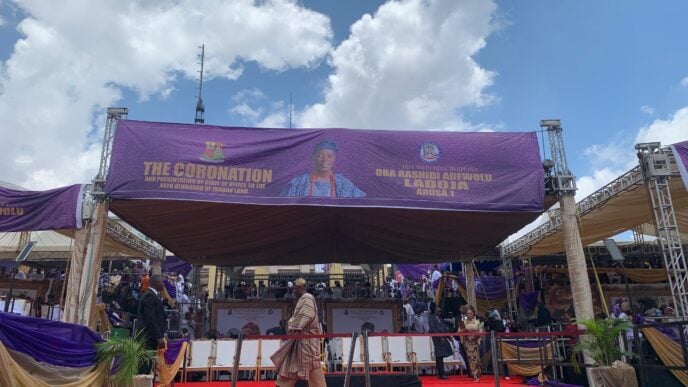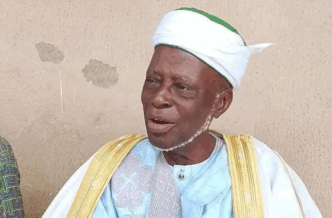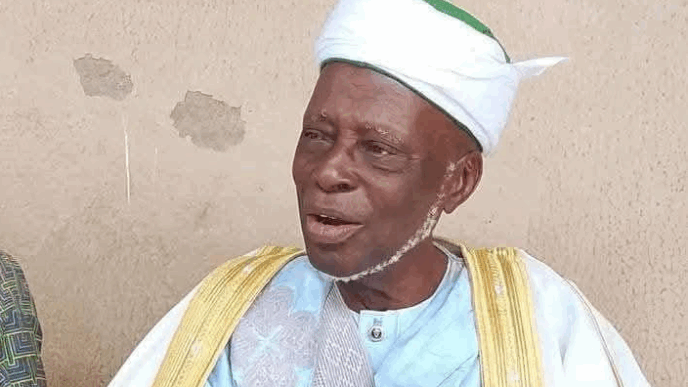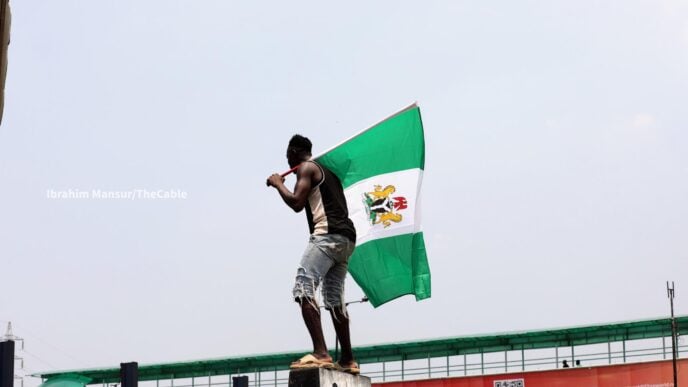Nasir el-Rufai, former governor of Kaduna
Recently, Nasir el-Rufai, former Kaduna state governor, called on former Vice-President Atiku Abubakar to rally Nigerians to oust President Bola Ahmed Tinubu in 2027, claiming that Tinubu wants to make himself a “life president”.
He alleged that Tinubu’s administration was tilting towards authoritarianism, stressing that there were glaring signs that the president wants to sit tight.
My reaction to el-Rufai’s latest political theatrics? This is desperate opposition politics at its worst, and the timing couldn’t be more suspicious.
El-Rufai made these comments during Atiku’s solidarity visit following a recent attack on some ADC leaders in Kaduna. But let’s examine the messenger before we buy the message.
Advertisement
Bayo Onanuga, special adviser to the president on information and strategy, didn’t waste time in slamming el-Rufai, describing his speculation as baseless and unfounded.
Onanuga suggested that el-Rufai had been unsettled by the massive reception Tinubu received in Kaduna, which contradicted his narrative that the north had abandoned the president.
“Former Governor El-Rufai appears to need some help, especially given his recent unfounded claims and speculations about President Tinubu,” Onanuga wrote, adding that el-Rufai might benefit from “professional counselling” to steer him away from “political fabrications and absurd speculations”.
Advertisement
Onanuga’s response was savage but necessary. When politicians start making wild allegations without evidence, they deserve to be called out publicly.
The timing of el-Rufai’s accusations is particularly suspect. We’re still in 2025 and he’s already talking about 2027 elections while claiming Tinubu wants to be a life president. If you’re going to make such serious allegations, at least wait until there’s some evidence to support your claims.
What specific actions has Tinubu taken that suggest authoritarian tendencies or plans to extend his tenure? Has he attempted to manipulate the constitution? Has he tried to eliminate term limits? El-Rufai provided no concrete evidence, just vague insinuations designed to create fear.
This smells like pre-emptive opposition politics, creating a narrative before there’s any basis for it. It’s the political equivalent of crying wolf, and it cheapens legitimate concerns about democratic governance.
Advertisement
As this drama was unfolding, former President Olusegun Obasanjo chose the same week to refute long-standing claims that he attempted to extend his presidency beyond two terms. Speaking at the democracy dialogue hosted by the Goodluck Jonathan Foundation in Ghana, Obasanjo insisted he never sought such a move.
“I’m not a fool. If I wanted a third term, I know how to go about it. And there is no Nigerian dead or alive that would say I called him and told him I wanted a third term,” Obasanjo said.
But Usman Buhari, political activist and former federal lawmaker, immediately countered Obasanjo’s denial, insisting that the ex-president “did everything within his power” to extend his stay in office.
“I can confirm to you that Obasanjo looked for a third term. He did everything that he could within his power to get a third term, but he failed to do so,” Bugaje said, adding that lawmakers were threatened by Obasanjo’s agents during that period.
Advertisement
Between Obasanjo’s categorical denial and Bugaje’s detailed accusations, who should we believe? The evidence suggests Bugaje is telling the truth. Too many people have corroborated the third-term agenda story for it to be mere fabrication.
The irony of these two stories breaking simultaneously is not lost on me. While el-Rufai is making unsubstantiated allegations about Tinubu’s supposed third-term plans, we’re simultaneously relitigating Obasanjo’s actual third-term attempt from 2006. The contrast is instructive.
Advertisement
With Obasanjo, we had concrete evidence — constitutional amendment bills, legislative maneuvers, documented attempts to change term limits. With Tinubu, we have nothing but el-Rufai’s speculation and political desperation.
Obasanjo’s denial rings hollow because too many credible witnesses have testified about his third-term ambitions. Bugaje recalled how Senator Victor Lar was forced into hiding before the decisive meeting to resist the third-term bid. These are not vague allegations but specific, documented incidents.
Advertisement
“Those people who actually distributed the money and threatened us are alive. Those who received the money are alive. Those who refused to receive the money are alive,” Bugaje stressed. This is evidence, not speculation.
The third-term controversy dominated Nigeria’s political space in 2006 when constitutional amendments that would have allowed presidents to seek three consecutive terms were brought before the national assembly.
Advertisement
That was a real threat to democracy, not the imaginary one el-Rufai is trying to create around Tinubu.
You know that the third-term virus has been spreading across Africa for decades. We’ve seen leaders in various African countries manipulate constitutions to extend their tenure. But making accusations requires evidence, not just political convenience.
The danger in el-Rufai’s approach is that it cheapens legitimate concerns about democratic governance. When you cry authoritarianism without evidence, you make it harder to recognise actual threats when they emerge.
Come to think of it, el-Rufai’s timing is suspicious for another reason. He recently defected to ADC after falling out with the APC leadership. These accusations sound more like the bitter complaints of a politician who didn’t get what he wanted from his former party than genuine concern for democracy.
If el-Rufai was truly concerned about authoritarianism, where was his voice when previous governments engaged in questionable practices? His selective outrage suggests political motivation rather than principled opposition.
The truth is that Nigeria’s democracy has enough real challenges without manufacturing imaginary ones. We have issues with electoral integrity, judicial independence, press freedom, and civil liberties that deserve attention. Creating phantom threats distracts from addressing real problems.
For Obasanjo, the best response to continued questions about his third-term agenda would be honest acknowledgment and apology, not continued denial in the face of overwhelming evidence. His legacy would be better served by admitting the mistake and explaining what he learned from it.
As for el-Rufai, he should focus on building credible opposition based on policy differences and performance critiques rather than wild conspiracy theories. If Tinubu’s policies are failing, attack those. If his appointments are questionable, challenge them. But don’t create imaginary authoritarianism.
The opposition has a legitimate role in holding government accountable, but that role requires credibility and evidence-based criticism. El-Rufai’s current approach undermines both his credibility and the opposition’s effectiveness.
Nigerian voters deserve better than recycled politicians making desperate allegations to remain relevant. We need serious opposition that can offer credible alternatives, not circus performers putting on shows.
Until el-Rufai provides concrete evidence of Tinubu’s supposed authoritarian tendencies, his accusations should be dismissed as the desperate tactics of a politician whose time has passed. Our democracy faces real threats; we don’t need manufactured ones.
Views expressed by contributors are strictly personal and not of TheCable.
